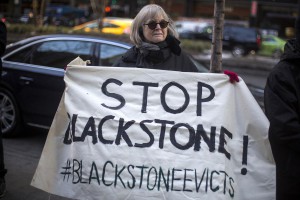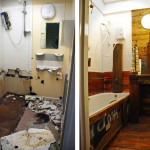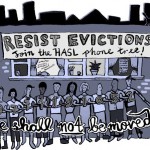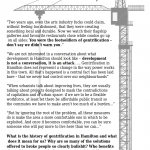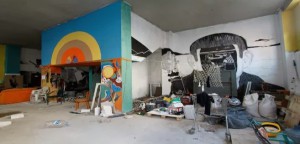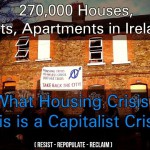Fueled by years of record-low interest rates, a new housing crisis is rearing its head from London to L.A. This time, however, it will not go uncontested.
Capitalism is a strange beast. Though incredibly resilient in the face of systemic crises and remarkably adaptive to ever-changing conditions, it never truly overcomes its structural contradictions. As the Marxist geographer David Harvey often points out, it merely displaces them in space and time.
The global financial crisis of 2008-’09 has been no exception in this regard. In fact, the very response to that calamity has already laid the foundations for the next big crisis. And just like its immediate predecessor, it looks like this one will be centered, at least in part, on a massive speculative housing bubble. [Read More]
